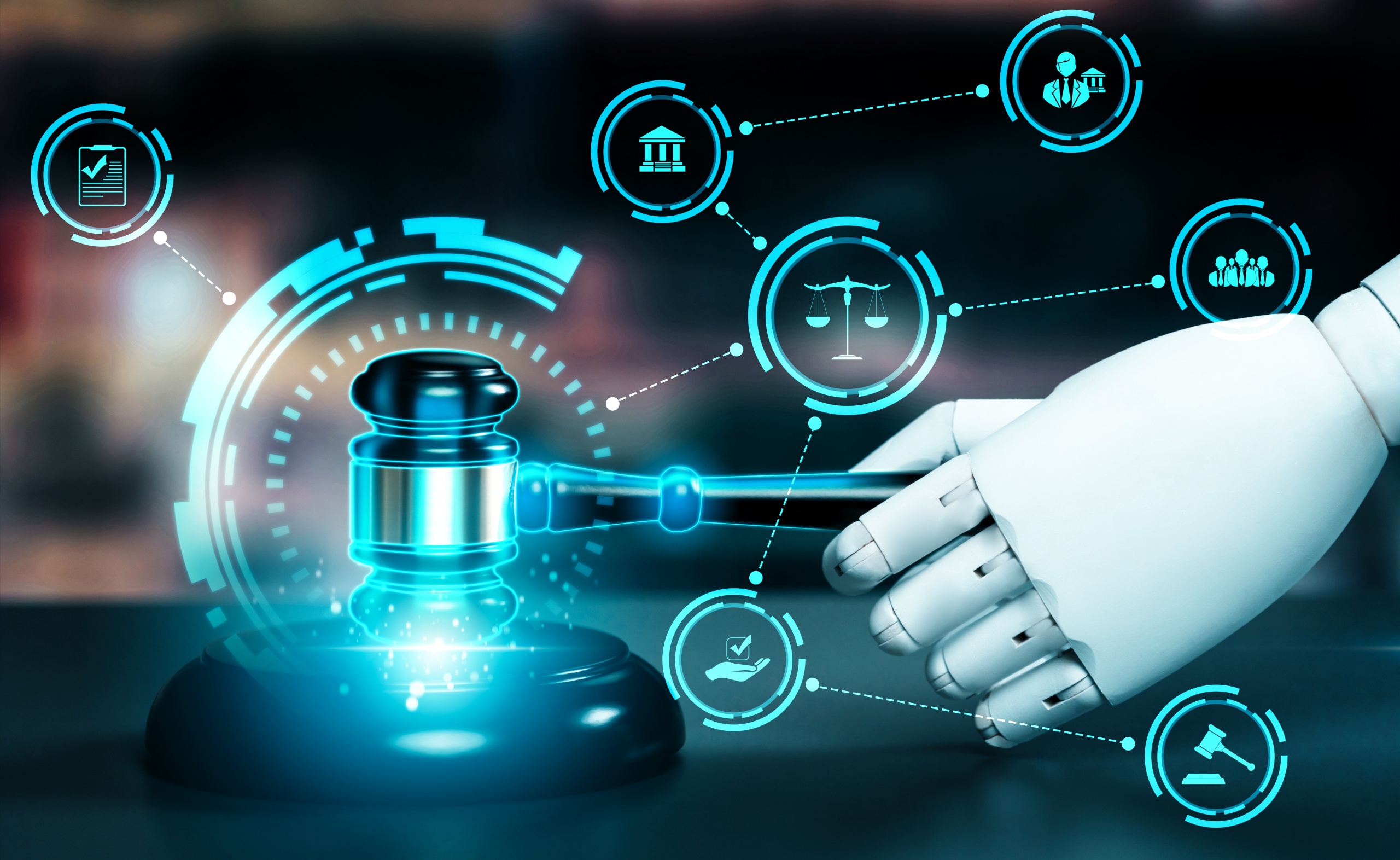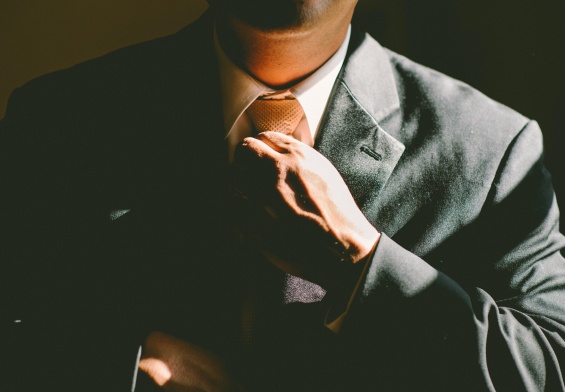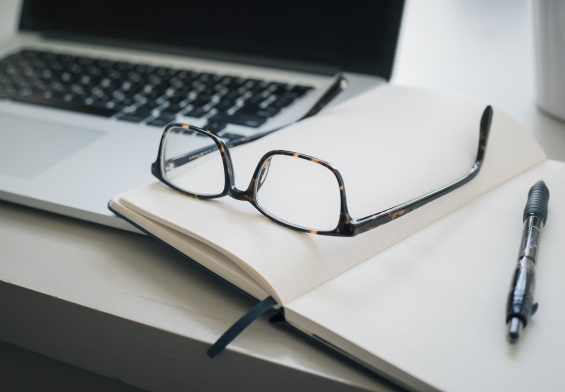The rise of artificial intelligence (AI) has led to a number of legal questions, including who owns the copyright for AI-generated content. In the United States, copyright law generally protects original works of authorship, including literary, dramatic, musical, and artistic works. However, the law is not clear on whether AI-generated content can be copyrighted.
The U.S. Copyright Office has taken the position that works created by non-human entities, including machines, are not eligible for copyright protection. This is because copyright law requires that a work be the product of “human authorship.” As AI systems do not have the ability to create original works on their own, the output of these systems is not considered to be copyrightable.
However, there are some exceptions to this rule. For example, if a human provides the AI system with a specific prompt or instruction, and the AI system then generates a work based on that prompt, the work may be considered to be copyrightable. This is because the human input can be seen as providing the “authorship” element that is required for copyright protection.
In addition, the Copyright Office has stated that it is open to considering applications for copyright registration for AI-generated content on a case-by-case basis. This means that it is possible that some AI-generated content may be eligible for copyright protection, even if it does not meet the traditional definition of “human authorship.”
The issue of who owns the copyright for AI-generated content is still evolving. As AI technology continues to develop, it is likely that the law will need to be updated to reflect the new realities of AI-created content. However, for now, the general rule is that AI-generated content is not copyrightable.
The Complexity of AI and Copyright Law
The complexity of AI and its ability to generate original works poses a significant challenge to the current copyright law framework. As AI systems become more sophisticated, they are increasingly capable of creating content that is original and creative in nature. This raises the question of whether such content should be protected under copyright law, and if so, who should be considered the author of such works.
In his article, “COPYRIGHT AND CREATIVE ARTIFICIAL INTELLIGENCE (AI) SYSTEMS: A TWENTY-FIRST CENTURY APPROACH TO AUTHORSHIP OF Al-GENERATED WORKS IN THE UNITED STATES,” Atilla Kasap delves into these complexities. He discusses the difference between human creativity and computational creativity, arguing that AI systems can generate original works in a similar manner to humans. However, the current copyright law framework does not adequately address this reality.
Kasap suggests that the law should evolve to recognize the creative capabilities of AI. This would involve a shift in the understanding of originality, which currently serves as a requisite for the allocation of authorship for copyright purposes. In the current framework, originality is closely tied to human authorship. However, as AI systems are capable of creating original works, Kasap argues that the concept of originality should be expanded to include computational creativity.
This proposal raises a number of questions. For instance, if AI systems are recognized as capable of originality, how should authorship be determined? If an AI system generates a work based on a specific prompt or instruction from a human, who should be considered the author of the resulting work – the human, the AI system, or both? These are complex questions that require careful consideration.
If AI systems are recognized as capable of originality and authorship, this could have significant implications for the creative industries. It could potentially lead to a shift in the balance of power, with AI systems and their operators gaining more control over the creation and distribution of creative works. This could have both positive and negative effects, and it is something that needs to be carefully considered.
Algorithmic Authorship and Copyright Law
The concept of authorship is central to copyright law. Traditionally, authorship has been associated with human creativity and originality. However, the rise of AI and its ability to generate original works challenges this traditional understanding of authorship. This has led to the emergence of the concept of algorithmic authorship, which refers to the idea of recognizing AI systems as authors of the works they generate.
In his article “Decoding Authorship: Is There Really no Place for an Algorithmic Author Under Copyright Law?” Yang Xiao delves into this concept. Xiao argues that AI systems, like humans, follow certain algorithms or rules when creating works. Therefore, he suggests that the concept of authorship should be expanded to include algorithmic authors, i.e., AI systems that generate original works.
This proposal represents a significant shift in the understanding of authorship. It challenges the human-centric view of authorship that is currently prevalent in copyright law and proposes a more inclusive approach that recognizes the creative capabilities of AI systems.
However, recognizing AI systems as authors raises a number of questions and challenges. For instance, if an AI system is recognized as an author, who should be considered the owner of the copyright in the works it generates? Should it be the developer of the AI system, the user who provides the input or prompt, or the AI system itself? And if the AI system is considered the owner, how can it enforce its rights, given that it lacks legal personality?
Recognizing AI systems as authors could also have significant implications for the creative industries. It could potentially lead to a shift in the balance of power, with AI systems and their operators gaining more control over the creation and distribution of creative works. This could impact the livelihoods of human creators and could also have implications for the diversity and richness of creative content.
Xiao proposes an altered “work made for hire” doctrine as a solution to the ownership issue of AI authorship. This approach would recognize AI systems as algorithmic authors and provide a mechanism for determining ownership of AI-generated works. However, this proposal raises its own set of questions and challenges, and further research and debate are needed to fully explore its implications.
Legal Implications of AI-Generated Content
The lack of copyright protection for AI-generated content has a number of legal implications that extend beyond the realm of copyright law. These implications touch upon various aspects of law and society, and they present significant challenges that need to be addressed.
One of the most immediate implications is that anyone can freely use or reproduce AI-generated content without the permission of the creator. This could have a significant impact on the creative industries. Artists, writers, musicians, and other creators rely on copyright protection to earn a living from their work. If AI-generated content is not protected by copyright, it could be freely used and reproduced, potentially reducing the demand for human-created content. This could impact the livelihoods of human creators and could also have implications for the diversity and richness of creative content.
In addition, the lack of copyright protection for AI-generated content could make it more difficult to enforce intellectual property rights in other contexts. For example, if an AI system is used to generate a work that infringes on a copyright, it may be difficult to prove that the infringement was intentional. This is because the AI system may not have been programmed to understand the copyright laws, and it may not be capable of forming the intent to infringe. This could make it more difficult for copyright owners to enforce their rights and could potentially lead to an increase in copyright infringement.
The lack of copyright protection for AI-generated content also raises questions about accountability and responsibility. If an AI system generates a work that is defamatory, obscene, or otherwise illegal, who should be held responsible? Should it be the developer of the AI system, the user who provides the input or prompt, or the AI system itself? And if the AI system is held responsible, how can it be held accountable, given that it lacks legal personality?
Furthermore, the lack of copyright protection for AI-generated content could have implications for privacy and data protection. AI systems often rely on large amounts of data to generate content. If this data is used without the consent of the individuals to whom it pertains, it could potentially infringe on their privacy rights. This raises questions about how to ensure that AI systems respect privacy and data protection laws when generating content.
The Future of AI and Copyright Law
As AI continues to evolve and become more sophisticated, the issue of copyright for AI-generated content will likely become more complex. The current copyright law framework, which is based on the concept of human authorship, may not be sufficient to address the unique challenges posed by AI. This necessitates a forward-looking approach to copyright law that takes into account the rapid advancements in AI technology.
The future of AI and copyright law will likely involve a reevaluation of the concepts of originality and authorship. As AI systems become more capable of creating original works, it may become necessary to expand the concept of originality to include computational creativity. This would involve recognizing the creative capabilities of AI systems and providing a framework for determining authorship of AI-generated works.
Atilla Kasap, in his article “COPYRIGHT AND CREATIVE ARTIFICIAL INTELLIGENCE (AI) SYSTEMS: A TWENTY-FIRST CENTURY APPROACH TO AUTHORSHIP OF Al-GENERATED WORKS IN THE UNITED STATES,” suggests that the law should evolve to recognize the creative capabilities of AI. This would involve a shift in the understanding of originality, which currently serves as a requisite for the allocation of authorship for copyright purposes.
Similarly, Yang Xiao, in his article “Decoding Authorship: Is There Really no Place for an Algorithmic Author Under Copyright Law?” proposes an altered “work made for hire” doctrine as a solution to the ownership issue of AI authorship. This approach would recognize AI systems as algorithmic authors and provide a mechanism for determining ownership of AI-generated works.
These proposed changes to the copyright law framework could have significant implications for the creative industries and for the development of AI technology. They could provide a more equitable approach to dealing with AI-generated content and could help to foster innovation in the field of AI.
However, these changes also raise a number of questions and challenges. For instance, if AI systems are recognized as authors, how should copyright ownership be determined? How should the rights of human creators be balanced against the rights of AI systems and their operators? How can the law ensure that the benefits of AI-generated content are shared equitably, and that the rights of all stakeholders are protected?
These are complex questions that require careful consideration. They will likely be the subject of ongoing debate and research in the coming years. As AI technology continues to evolve, it is crucial for lawmakers, legal scholars, and the AI community to engage in this debate and to work together to develop a copyright law framework that is fair, promotes innovation, and is capable of addressing the unique challenges posed by AI-generated content.
Conclusion
The issue of who owns the copyright for AI-generated content is a complex one that is still evolving. The current law does not provide clear answers, and it is likely that the law will need to be updated to reflect the new realities of AI-created content. However, for now, the general rule is that AI-generated content is not copyrightable. This has a number of legal implications, and it is an issue that will continue to be debated in the years to come.
As AI technology continues to develop and become more sophisticated, the legal and ethical issues surrounding AI-generated content will likely become more complex. It is important for lawmakers, legal scholars, and the AI community to continue to engage in dialogue and research on this issue to ensure that the law evolves in a way that is fair and promotes innovation.
The proposed changes to the copyright law framework, such as those suggested by Atilla Kasap and Yang Xiao, could provide a starting point for this discussion. By recognizing the creative capabilities of AI and providing a framework for determining authorship of AI-generated works, these changes could help to address some of the challenges posed by AI and could pave the way for a more equitable and innovative future.
References
Decoding Authorship: Is There Really no Place for an Algorithmic Author Under Copyright Law?




